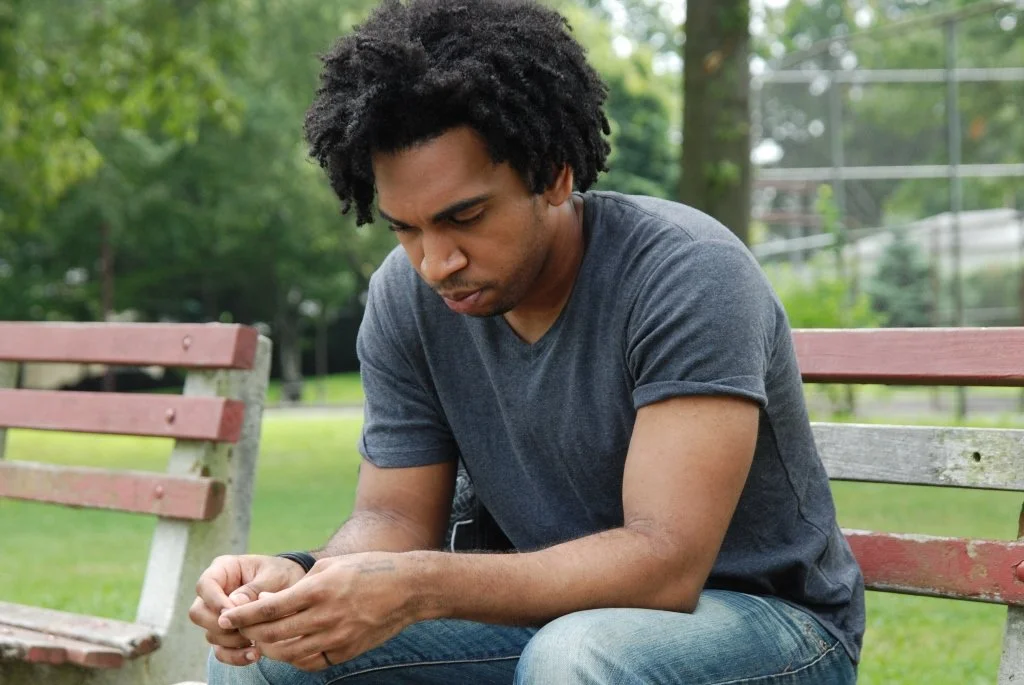If, by what I’m doing, one Black gay man is prevented from killing himself, then my job is done; his healing begins.
In the documentary , “You Are Not Alone” Black gay men are telling their stories, are breaking an inherent taboo of silence in the Black community and speaking out about their struggles with depression: the circumstances which led to their downward spiral, how they lived with it, and more significantly, how they overcame and survived it. It also features interviews with mental health professionals and religious leaders who place the personal stories in perspective and with the work of writer and director Stanley Bennett Clay, those experiences were re-enacted - brought out of the shadows of silence into the light ready for examination and healing.
Through sharing their stories, Black gay men are intent on encouraging other Black gay men who find themselves stuck in a racial, discriminatory and homophobic rut or loop, and who feel powerless and hopeless, that there is hope, that they are not isolated in their experiences, it is shared by many, and that they could rise above and achieve their full potential.
You Are Not Alone explores the challenges to a Black boy's sense of self, his identity, who he is - when he is physically and psychologically abused by authority figures who force him to conform to their narrow homophobic definitions of masculinity; to his personhood being violated by sexual abuse and exploitation. It delves into the unspoken mists of self-hate and the results of denial of self that is influenced by religious leaders demonizing a Black gay man for simply being attracted to or loving another like himself; for who he is, his struggle to find acceptance in the world, and in so doing, of himself.
You Are Not Alone opens Church and Mosque doors, revealing the origins of homophobia and the efforts by pastors and imams to offer healing, acceptance and belonging. The documentary lays bare the effects of ostracism, which caused many to be unconcerned about themselves, contract HIV and suffer further stigma and discrimination. In a world obsessed with youth and appearance, it takes a look at an as yet unspoken or unexamined issue: growing old as a Black gay man - the isolation, feelings of abandonment, loneliness and desperation which can overtake many.






